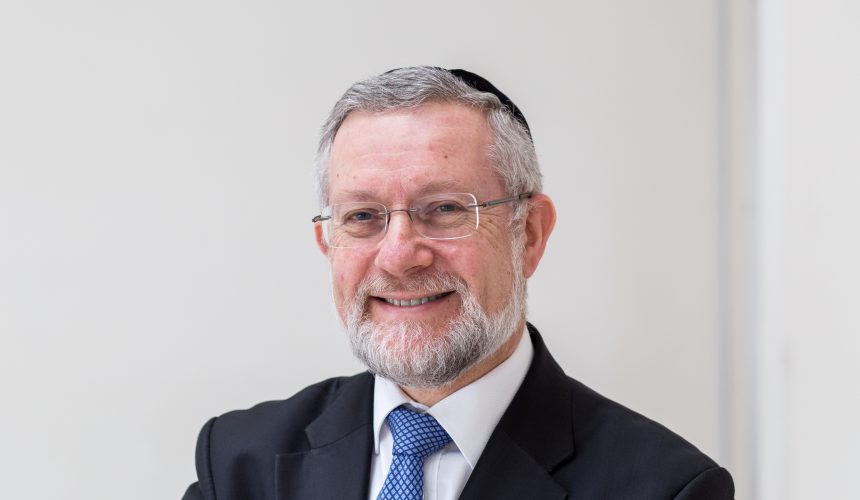PURE LIGHTS This week’s parasha begins with the commandment to kindle the Menorah in the Temple and the Mishkan (mobile Temple): “Command the Israelites to bring you pure olive oil, pressed for illumination, to kindle the lamp every night.” (Shemot 27:20) We all kindle Shabbat lights and Chanukah lights. Some of us will use candles and some oil. The Torah specifies that for the Temple Menorah only olive oil could be used. The Torah is very specific about which kind of olive oil could be chosen. Look around the oil section in the supermarket and there are many varieties of...
Terumah

GOLDEN AGE, SILVER AGE, BRONZE AGE The building of the Sanctuary or Tabernacle forms the subject of our Torah reading for the next five weeks. The intricate details of the structure have given rise to many symbolic interpretations. The most basic and fundamental is expressed in the words themselves: “They shall make a Sanctuary for Me and I will dwell in them” (Shemot 25:8) The Tabernacle represented, ultimately, the home we build for G-d within ourselves. Let us look at some of the elements of that building and see how they can help us shape our own lives. Three kinds...
Mishpatim

GOING THROUGH THE DOOR There is a curious law described at the beginning of our parasha. A Hebrew slave who had served his six-year term was entitled to go free. If he chose to stay, he was required to have his ear pierced. After the judges decided that this genuinely was the slave’s wish then “his master … shall take him to the door-post … and pierce his ear with an awl; and after that he shall remain his slave forever [i.e. until the jubilee year.]” (Shemot 21:6) In contrast to other ancient societies where slaves were often branded on...
Yitro

JETHRO’S JOURNEY In this week’s parasha, Jethro travels from Midian to the Sinai desert. But if we look carefully, we will see that it’s not just a physical journey that Jethro undertakes. It seems that there is a spiritual journey happening as well. Let me explain. At the beginning of the parasha he is referred to as: “Jethro, the Priest of Midian, the father-in-law of Moses.” Subsequently, he is simply called “the father-in-law of Moses.” The title, “Priest of Midian,” has been dropped. Indeed from now on, in the bible, Jethro is never referred to anymore as “the Priest of...
Bo

DID G-D GIVE PHARAOH CARDIAC DISEASE? Throughout the episode of the Ten Plagues, described in last week’s and this week’s sidra, we read of the ‘hardening of Pharaoh’s heart.’ For the first five plagues, it is Pharaoh who hardens his own heart. For the remainder, we read that it is G-d who hardens Pharaoh’s heart. What does this mean? Did G-d cause him a hardening of the arteries? Did Pharaoh suffer from angina! Of course, we appreciate that the Torah uses the word ‘heart’ figuratively, to refer to the source of a person’s moral, spiritual and intellectual capacities. We still...


